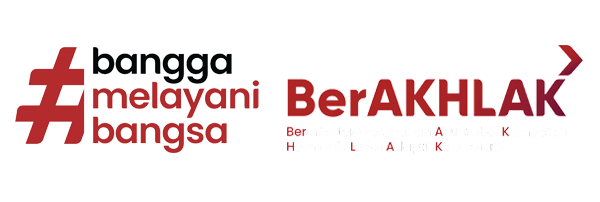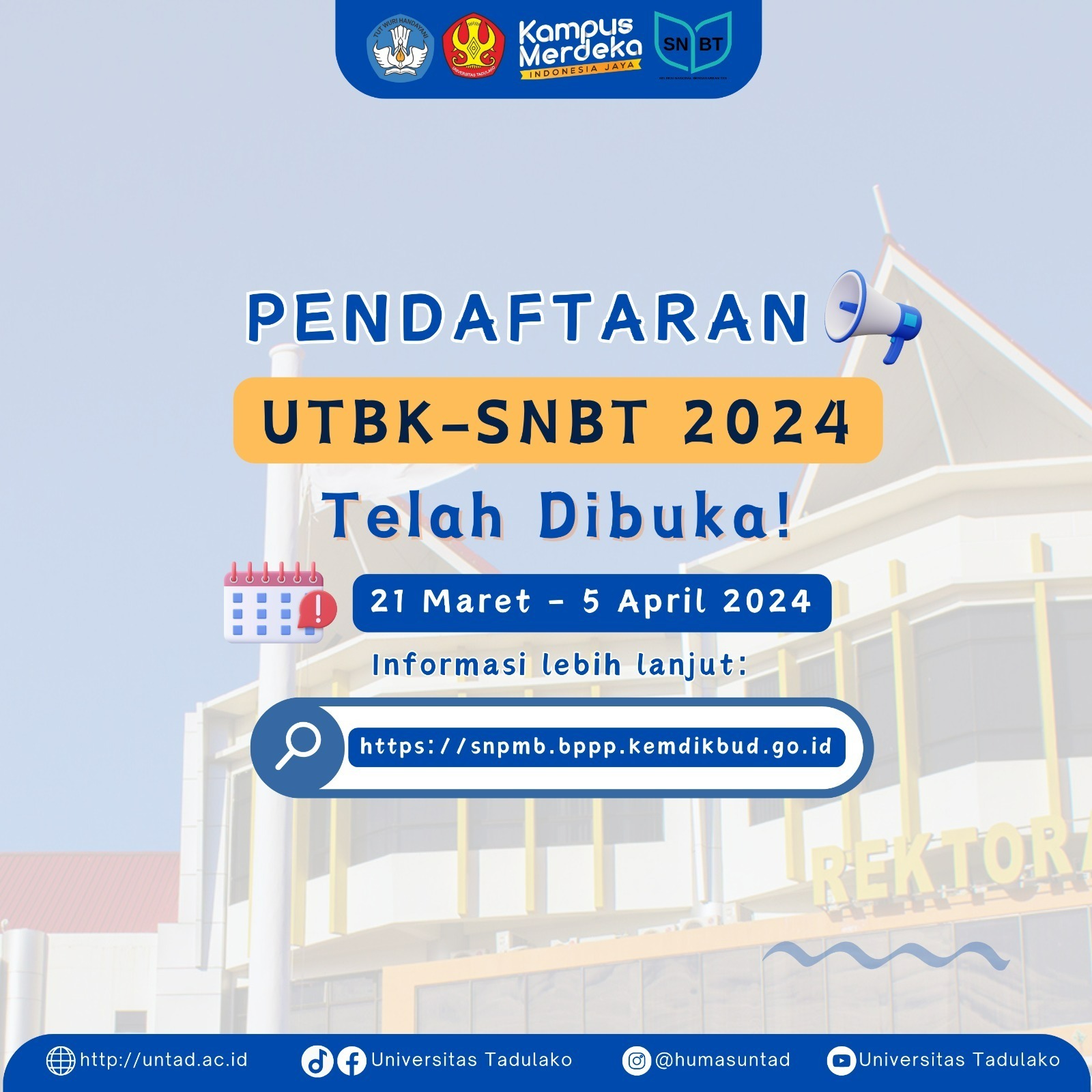In the context of conducting a public lecture related to Optimizing the Role of Higher Education in Conservation and Sustainable Natural Resources Management, Dr. Alue Dohong as the Deputy Minister of the Environment of the Republic of Indonesia on Thursday (03/10/2022) In the morning carrying out a tree planting action which was followed by a public lecture and also attended by the Rector, Deans, the civitas and students of the Faculty of Forestry Tadulako University (Untad).
In his speech, Prof. Dr. Ir. Mahfudz, MP as the Rector warmly welcomed the arrival of the Deputy Minister of Forestry of the Republic of Indonesia and his entourage at Tadulako University.
“It is an honor for us to have a visit from the Deputy Minister of the Environment (LHK) of the Republic of Indonesia who is the first ministry official to visit Untad this year. It is hoped that students can take advantage of this opportunity as well as possible because they can interact directly with the parent of the Faculty of Forestry, namely the Ministry of LHK.” said Prof. Mahfudz.







After the Rector’s speech, the general lecture was followed by a presentation of material by Dr. Alue Dohong regarding Synergy and Higher Education Support in Conservation Efforts and Sustainable Natural Resources Management.
“The conservation area in Central Sulawesi covers an area of 341.001 Ha, of which is a water conservation area (Togean National Park). Regarding the collaboration with Untad, several years ago, such as;
– Strengthening the function of supporting the development of the tri dharma of higher education and conservation of biological resources in 2021
– Development of educational innovations, research, and community service in order to strengthen the function of conservation areas and biodiversity conservation as well as optimizing the independent campus learning independence program (MBKM) in 2022,” said Dr. Alue Dohong.
At the end of his presentation, he also explained the role of conservation areas as the basis for maintaining climate change, including;
– Economic Resilience (Potential carbon stock (terrestrial & aquatic ? maintenance and enhancement of carbon stocks/sequestration through Ecosystem Recovery activities)
– Food Security & Sources of Livelihood (Potential of wild animals as ecosystem balancer ? increasing population of endangered species, conservation of TSL species, wild life release)
– Ecosystem & landscape resilience (Potential for environmental services and nature tourism play a role in maintaining economic resilience, food security & livelihoods ? Utilization of environmental services and natural tourism Conservation area)
After the presentation of the material, the public lecture was continued with a question and answer session and closed with the distribution of souvenirs and a group photo session. AA





